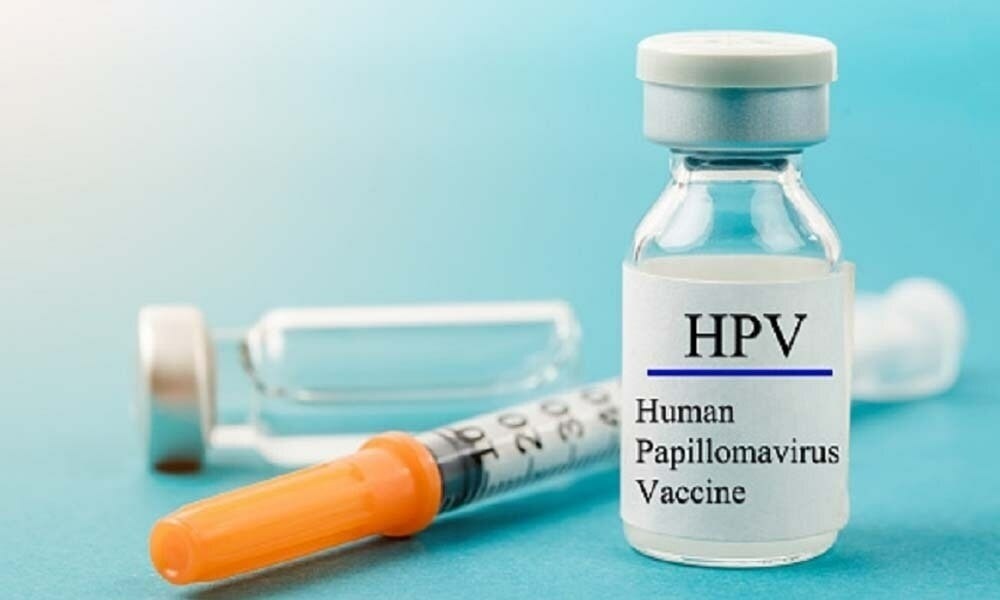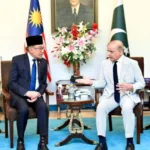
The recent cervical cancer vaccination campaign in Rawalpindi has fallen short—and not by a small margin. Aimed at protecting girls aged 9 to 14 from the life-threatening Human Papillomavirus (HPV), the initiative was met with widespread parental resistance, misinformation, and mismanagement.
At Brackly News, we’re asking the tough but necessary questions: Why did this campaign fail? And what can be done to rebuild public trust in such critical health initiatives?
A Campaign Derailed by Mistrust
Planned as a 14-day drive, the campaign faced immediate backlash, particularly from private schools where vaccination teams were denied entry. Even in government schools, parents warned school staff not to vaccinate their daughters without explicit consent—some even threatening consequences if their wishes were ignored.
Instead of addressing the problem head-on, some campaign teams tried to mask failure with falsified data, later revealed through mismatches with official education department records.
This not only undermines the credibility of the campaign—it damages trust in future public health efforts.
Where the Government Fell Short
Leaders of major private school associations, including Irfan Muzaffar Kiani and Malik Naseem, rightly pointed out a major flaw: lack of awareness. There was no structured educational outreach before the campaign began. No clear communication. No visible role models.
“The government should first launch an extensive awareness campaign. Rulers and high-ranking officials should get their daughters vaccinated in schools openly to instil confidence within ordinary citizens,” said Kiani.
We couldn’t agree more. Trust isn’t demanded—it’s earned. If our leadership won’t lead by example, why should parents take the risk?
The Data Tells the Real Story
A recent survey showed that only 54% of Pakistani women are aware of the HPV vaccine. Even though 91% of doctors support its use, just 37% actively recommend it. That’s a massive opportunity gap that must be closed through training and public engagement.
At Brackly Health, we’ve consistently advocated for community-driven healthcare education. A similar public health campaign highlighted in our feature on tackling medical misinformation shows that early awareness and local involvement are key ingredients to success.
The Way Forward: Awareness First, Then Action
This campaign has shown us what happens when critical health decisions are pushed without explanation. Moving forward, here’s what must happen before relaunching:
- Run a public awareness campaign using local influencers, doctors, and educators.
- Involve parents through information sessions, school meetings, and Q&A forums.
- Make health education part of school curriculum so children and parents understand the “why” behind vaccinations.
- Lead by example – let public figures and government officials vaccinate their daughters publicly.
Want to understand how the HPV vaccine works and why it matters? Here’s a simple and reliable resource for HPV vaccine basics and an important guide on vaccine myths vs. facts.
The HPV vaccine is not just a shot—it’s a shield. A shield against cervical cancer, against unnecessary suffering, and for a safer future for Pakistan’s daughters.
At Brackly News, we stand by the belief that truth, transparency, and trust must lead every healthcare initiative. Let’s fix what’s broken—not just restart the campaign, but rebuild it with care, community, and clarity.
Discover more from Brackly News
Subscribe to get the latest posts sent to your email.


